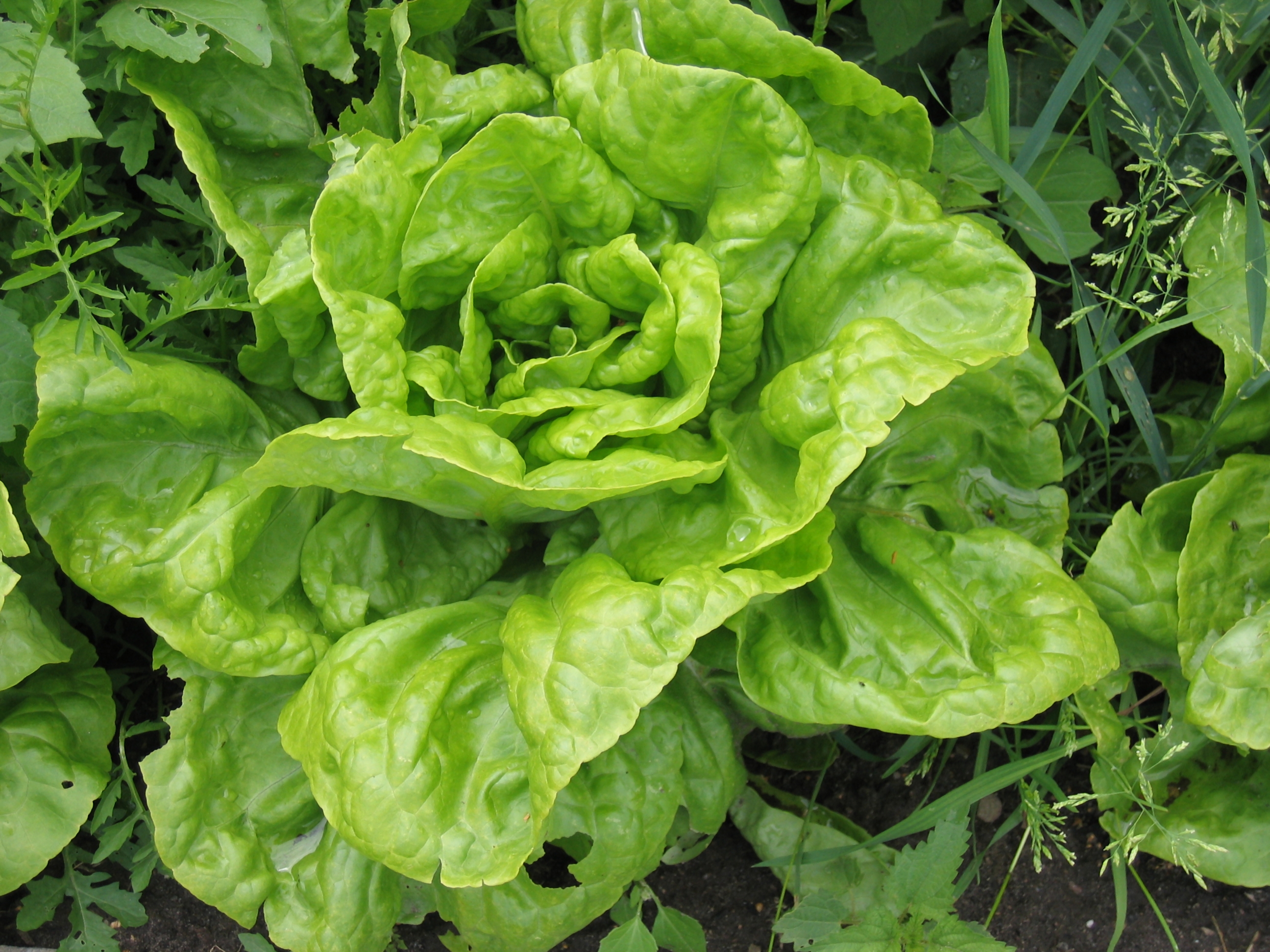Farming is the occupation of majority of Africans. Sustainable farming would allow Africans to produce enough food while conserving natural resources. These resources are mainly land and water. They also include plant and animal genetic resources. These are some of the most important aspects of sustainable farming:
- Improving soil fertility
Improved soil fertility is one of the main pillars of sustainable farming, because it ensures that future generations can get the same productivity from our soils, if not better. Soil fertility is increased and maintained by use of organic fertilizers, through use of cover crops, agro forestry, mulching, and multiple cropping among other methods.
The life of micro organisms within the soil is very important because it softens and aerates the soil while making it more fertile and easier to plough. In some places, legumes are grown as cover crops which are then cut down and ploughed into the soil to make it more fertile.
Pest control is best done by avoiding complete reliance on chemical fertilizers and pesticides. Better pest control Conventional farming uses chemical pesticides to control pests. Often, using chemical fertilizers and pesticides do not work in the long run. Pests become resistant and the land becomes unproductive without constant application of fertilizers which are expensive for ordinary farmers. Farmers can control pests using their natural enemies, or by rotating crops or mixing crops, and also using biological control mechanisms. These methods are cheaper and more efficient.
- Soil Erosion
Sustainable farming in Africa must it a priority to prevent soil erosion. Erosion of top soil is probably the major cause of reduced productivity in the land. Farmers can use contour planting and bunds, check dams, plug gullies and plant cover crops to ensure soil is not washed away when it rains. Farmers have to plant trees around their farms to control soil erosion.
- Conserving water
In almost every African country, water is becoming more and scarcer. Planting trees and other methods of ensuring that water is conserved must be implemented. Farmers can consider using more efficient irrigation methods, such as drip irrigation. Harvesting rain water for use in irrigation is also more economical than diverting water from a stream or a borehole.
- Local Inputs
Just deciding to make use of local farming inputs can make a huge difference in farming. For example, using pig manure to fertilize a fish pond or a garden. Often, farmers do not fully appreciate the value of the resources they have around them. Efficient use of animal manure is often not used. Besides, many farmers neglect indigenous food crops which grow better than exotic varieties of crops which are not well adapted to the local climate.
- Use of Indigenous knowledge
Most indigenous peoples in Africa have a body of knowledge accumulated about the plants, animals, soils, and ecosystems around their immediate surroundings. This knowledge is mostly not codified or recorded and hence cannot be shared with others and made use of.


wow thanks for the information provided really educative